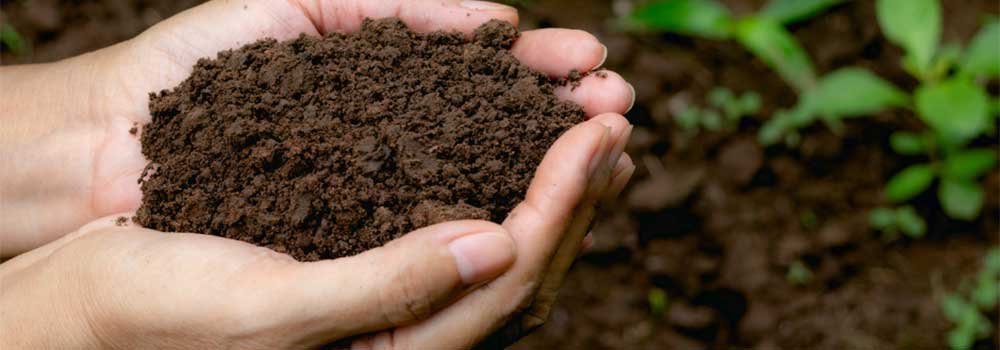Understanding the pivotal role nitrogen plays in plant growth is crucial for any gardener aspiring to nurture a flourishing garden. Leguminous plants, armed with nitrogen-fixing bacteria, embody a natural nitrogen-boosting strategy.
Through a symbiotic relationship, these plants convert atmospheric nitrogen into a plant-usable form. Organic fertilizers serve as the backbone of sustainable plant care.
They’ll deliver essential nutrients without compromising environmental integrity. Therefore, continue reading before you look for high nitrogen lawn fertilizer.
Understanding Nitrogen In Plants
Nitrogen stands as a cornerstone for robust plant vitality. It propels vibrant leaf development and overall plant robustness. Plants lacking nitrogen exhibit stunted growth and diminished vigor.
Nitrogen orchestrates critical functions in the plant’s metabolic processes. It’s a primary driver behind the synthesis of chlorophyll, the green pigment responsible for photosynthesis.
The shortfall of nitrogen upsets this combination, hampering the plant’s capacity to deliver food. Besides, nitrogen assumes a urgent part in protein development, a basic part for plant construction and capability.
A lack in nitrogen compromises these essential cycles, ruining the plant’s ability to flourish. Perceiving the meaning of nitrogen is fundamental for developing a thriving garden.
Benefits Of Organic Fertilizers
Selecting natural manures proclaims a variety of benefits for reasonable plant sustenance. Natural composts, got from regular sources, offer an all encompassing way to deal with plant care.
Their piece advances supplement supply as well as develops a prolific soil biological system. Dissimilar to manufactured partners, natural composts expand soil microbial action, encouraging a cooperative relationship.
Additionally, natural composts add to soil structure, alleviating disintegration chances and upgrading water maintenance. The eco-accommodating nature of natural composts lines up with environmentally cognizant gardening rehearses.
Types Of Organic Nitrogen Sources
Diverse organic materials emerge as potent nitrogen sources, each offering unique benefits. Compost, a staple in organic gardening, comprises decomposed organic matter, rich in nitrogen.
Harnessing the power of compost as a nitrogen source ensures a steady supply of nutrients. Manure, derived from animal waste, stands as another robust organic nitrogen contributor.
Additionally, cover crops, strategically planted to enrich the soil, infuse nitrogen during decomposition. These green companions act as natural nitrogen factories, enhancing soil fertility.
Factors To Consider In Choosing Organic Fertilizers

Balancing the nutrient profile is paramount, fortifying your plants with a holistic blend that mirrors their intricate needs. Release rates dictate the pace at which nitrogen becomes available, harmonizing with your plants’ growth rhythms.
Consider your soil’s temperament, ensuring compatibility between the organic fertilizer and its new abode. Thoughtful selection, rooted in an understanding of these factors, paves the way for a garden flourishing in dynamic equilibrium.
Application Techniques For Maximum Nitrogen Absorption
Deploying organic fertilizers requires finesse, with timing serving as a conductor orchestrating optimal nitrogen absorption. Timely application aligns with the peaks of your plants’ growth, ensuring they harness the nitrogen influx with maximum efficiency.
Precision in distribution and incorporation into the soil further amplifies the impact of nitrogen on plant vitality. Additionally, cover crops, strategically planted to enrich the soil, infuse nitrogen during decomposition.
These green companions act as natural nitrogen factories, enhancing soil fertility. Leguminous plants, armed with nitrogen-fixing bacteria, embody a natural nitrogen-boosting strategy.
Case Studies And Success Stories
Embark on a journey through real-world green triumphs, where meticulous nitrogen nurturing has birthed thriving gardens. Witness the vibrant resurrection of gardens, propelled by the intentional embrace of nitrogen-rich care.
By investigating these high nitrogen organic fertilizer sources, grounds-keepers can fit their compost decisions to the particular necessities of their plants.
Encouraging a cooperative relationship, dissimilar to manufactured partners, natural composts expand soil microbial action. The critical lies in utilizing nature’s variety to make a modified and supportable nitrogen sustenance plan for a flourishing nursery.
Conclusion
In the nursery of nitrogen sustaining, natural manures arise as relentless friends, giving the fundamental soul to hearty plant development. Natural composts act as the foundation of supportable plant care, conveying fundamental supplements without compromising ecological trustworthiness.
By investigating these natural nitrogen sources, grounds-keepers can fit their manure decisions to the particular necessities of their plants. The vital lies in utilizing nature’s variety to make a tweaked and feasible nitrogen sustenance plan for a flourishing nursery.
